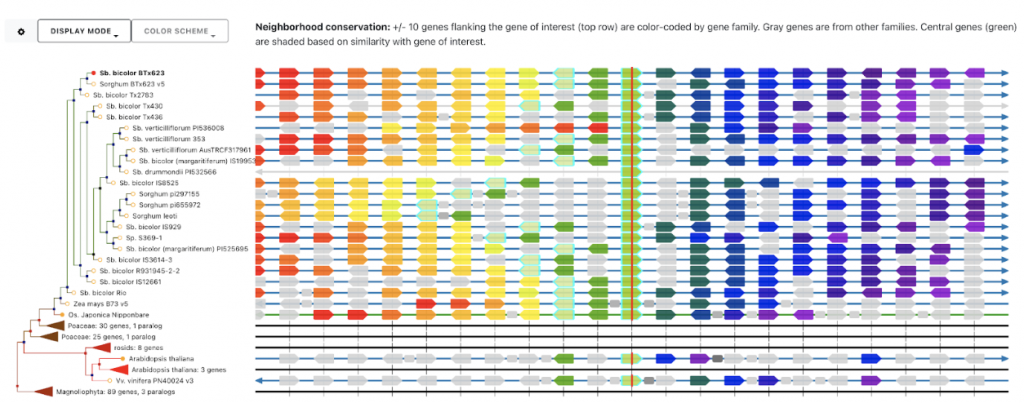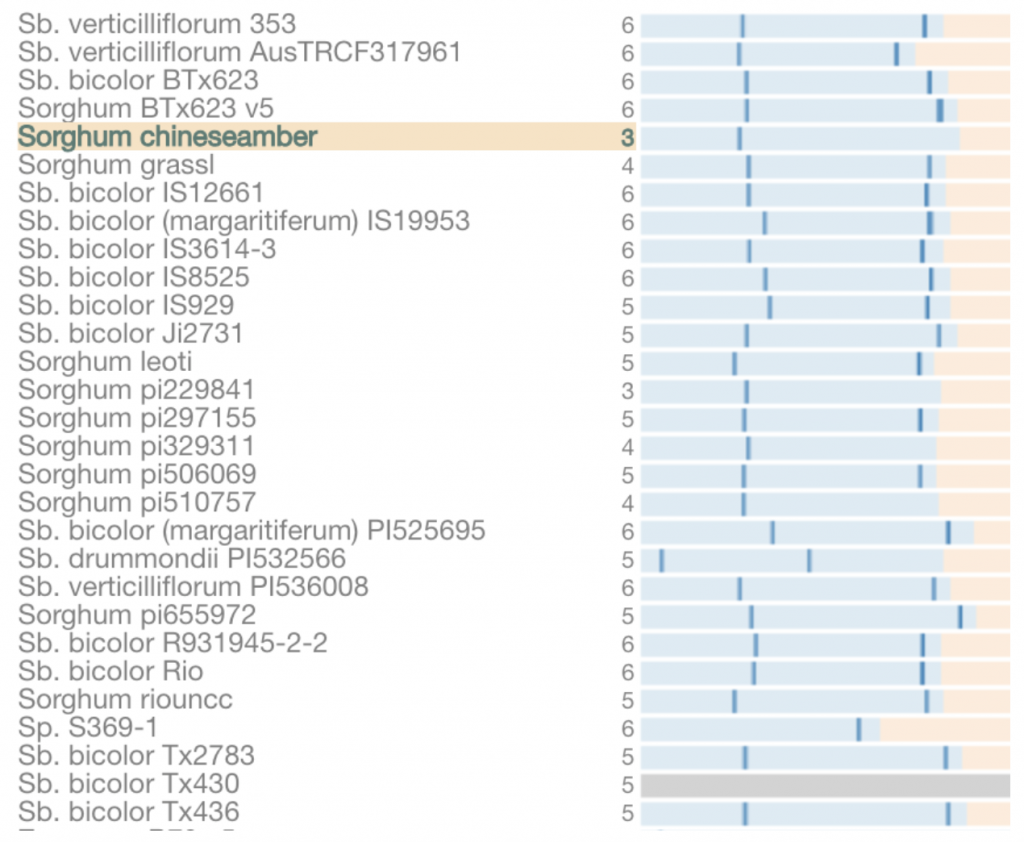Sorghum (Sorghum bicolor) is a key cereal crop providing food, livestock feed, and biofuel, particularly in Africa and Asia. The plant’s ability to thrive on nutrient-deficient soils and tolerate various stresses makes it a valuable crop. However, its productivity is threatened by the sorghum aphid (Melanaphis sacchari), which feeds on the plant during its reproductive stages, damaging leaves, stems, and transmitting harmful viruses. Recent research has identified the role of PRE (Paclobutrazol-Resistance) genes, which belong to an atypical bHLH transcription factor family, in plant growth regulation and stress responses. These genes, previously studied in crops such as rice and cotton, have now been explored in sorghum to understand their potential involvement in aphid resistance.
Researchers from Hebei Academy of Agriculture & Forestry Sciences and Hebei Plant Protection and Plant Inspection Station identified seven PRE genes (SbPREs) in sorghum using bioinformatics tools, revealing that they are conserved across species. Expression analysis showed that SbPRE genes, particularly SbPRE4, are involved in aphid stress responses, with higher expression in root, shoot, leaf, inflorescence, and seed organs. Functional studies in transgenic Arabidopsis demonstrated that overexpression of SbPRE4 enhanced resistance to aphids by activating jasmonic acid (JA) signaling pathways. The research contributes to a deeper understanding of the role of PRE genes in sorghum and opens avenues for developing sorghum varieties with enhanced resistance to biotic stresses.
SorghumBase examples:


Reference:
Guo Y, Wang Z, Jiao Z, Yuan G, Cui L, Duan P, Niu J, Lv P, Wang J, Shi Y. Genome-Wide Identification of Sorghum Paclobutrazol-Resistance Gene Family and Functional Characterization of SbPRE4 in Response to Aphid Stress. Int J Mol Sci. 2024 Jul 1;25(13):7257. PMID: 39000365. doi: 10.3390/ijms25137257. Read more